Council On Housing Stability The New Hampshire Council on Housing Stability was established by Governor Sununu in November 2020. The Council was tasked with providing short- and long-term recommendations to address the housing crisis in New Hampshire. The Council just released its first strategic plan for the years 2021-2024, which includes an overarching goal of increasing the number of housing units in New Hampshire by 13,500 by 2024. You can read the strategic plan here. Legislative Update The 2021 state legislative session was a mixed bag for housing and community development issues. On the one hand, we are celebrating a record $35 million investment into the state's Affordable Housing Fund in the 2022-23 state budget. This is, by far, the most state funding dedicated to housing since the Fund's inception in 1988. Investing state funds in housing is critical to meet local needs that federal housing programs do not address, particularly the development of affordable starter homes, but also to stretch federal funds even further to produce more rental units. We look forward to learning more details about how New Hampshire Housing plans to use this increased state funding to spur development of new homes for New Hampshire residents. While new state funding is excellent news, unfortunately there were several policy proposals that housing advocates worked on for the past few years which were not approved. The "Housing Toolbox Bill" (HB 586) would have enabled municipalities to use Tax Increment Financing (TIF) to build infrastructure for residential development, which could have been a game changer for communities who want more housing but have limited infrastructure. Here in the Lakes Region, the lack of water & sewer infrastructure is one of the biggest constraints in developing homes for essential workers. In addition, the Toolbox bill would have improved the predictability of the local approvals process and established a new "Housing Champion" certification program that provides financial incentives for towns and cities to facilitate the development of workforce housing. The Toolbox bill was reported out of committee with an Ought to Pass recommendation, but it encountered vocal opposition from a small contingent of representatives during floor debate in the House. It was tabled and ultimately not reconsidered before the legislative session ended. Gale School Redevelopment ProjectHelp Save a Piece of History, Provide Child Care & Family Supports $750,000 in NH Business Tax Credits Available The Gale School Redevelopment project will transform the dilapidated School in Belmont into a vibrant community facility hosting a childcare center operated by the Boys & Girls Club of Central NH and a program center operated by Lakes Region Community Services (LRCS). The childcare center will add 60 new childcare slots to the Lakes Region. The LRCS Program Center will serve over 100 families. To learn more about how your business can support this project, please visit www.lrcommunitydevelopers.org/gale-school-fundraising.html or contact Carmen Lorentz at (603) 524-0747 ext 110 or [email protected] Thank you! Landscaping at Compass House We were pleased to complete our landscaping plans at Compass House in Laconia this spring. The pandemic delayed this final finishing touch last year. Volunteers from the Belknap County Recovery Court, overseen by LRCD staff, planted trees, bushes, and flower beds, and build raised beds for vegetables. The women in recovery who live at Compass House can now enjoy their beautiful front yard! Green Tip - Water Conservation As a NeighborWorks America Green Designated Organization we have incorporated green practices across all lines of business. As an organization it is important to us that we remain steadfast stewards of our precious resources and inspire our neighbors to see the value and ease of incorporating green practices into their lives. We hope you enjoy our Green Tips. It may seem like it is always raining lately but the Lakes Region is still in a moderate drought. You can find the NH Drought Map at droughtmonitor.unl.edu/CurrentMap/StateDroughtMonitor.aspx?NH=. While in a moderate drought wildfires can increase, wildlife is impacted, and lake levels can be below normal capacity.
Visit www.ready.gov/drought for some great tips on what you can do to conserve water. Comments are closed.
|

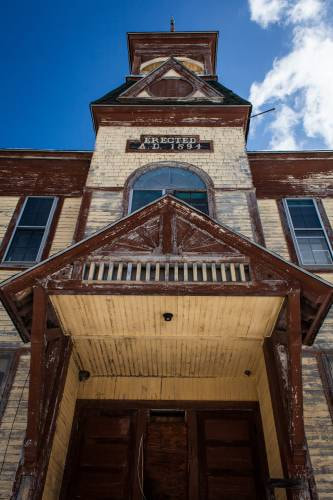
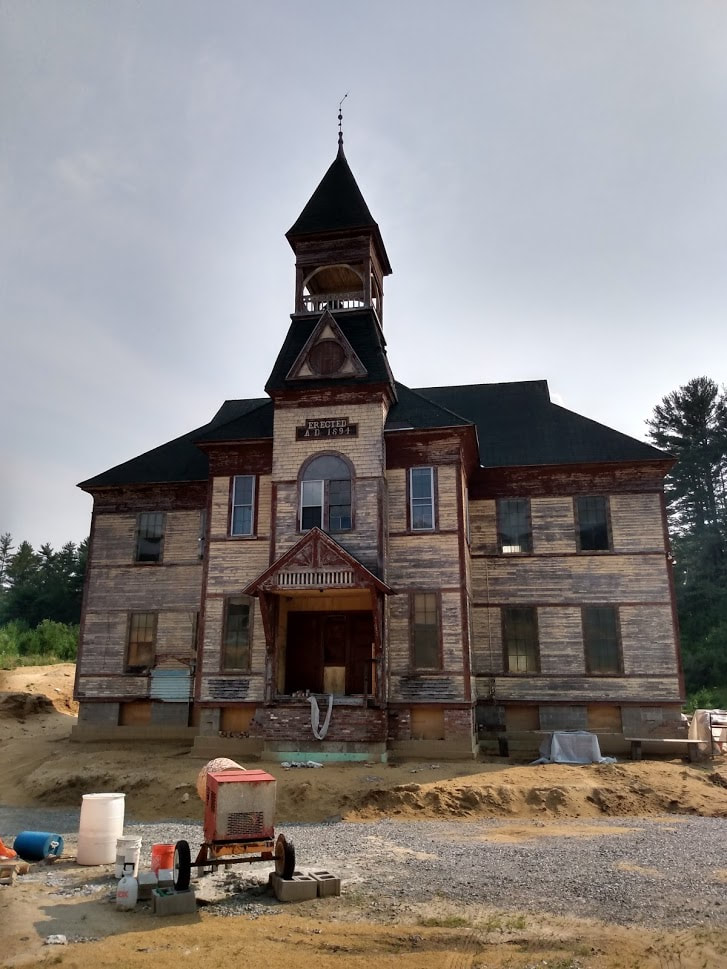
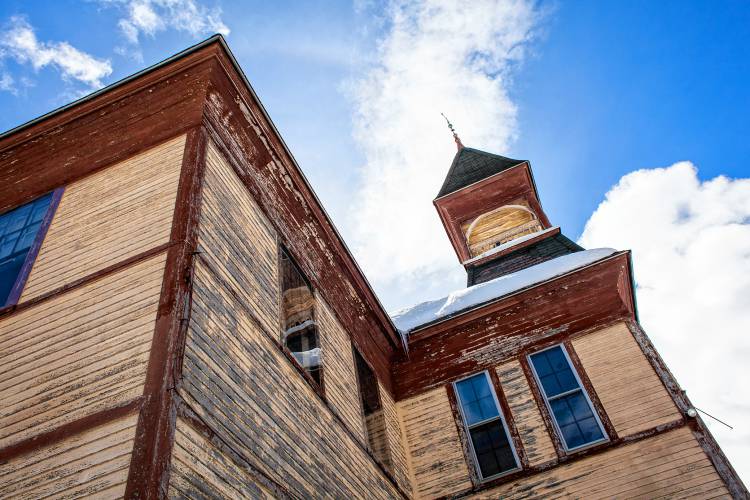
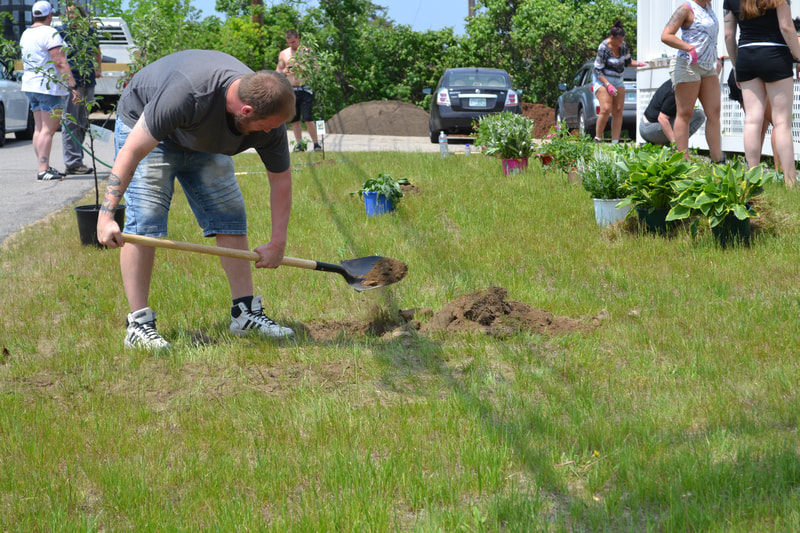
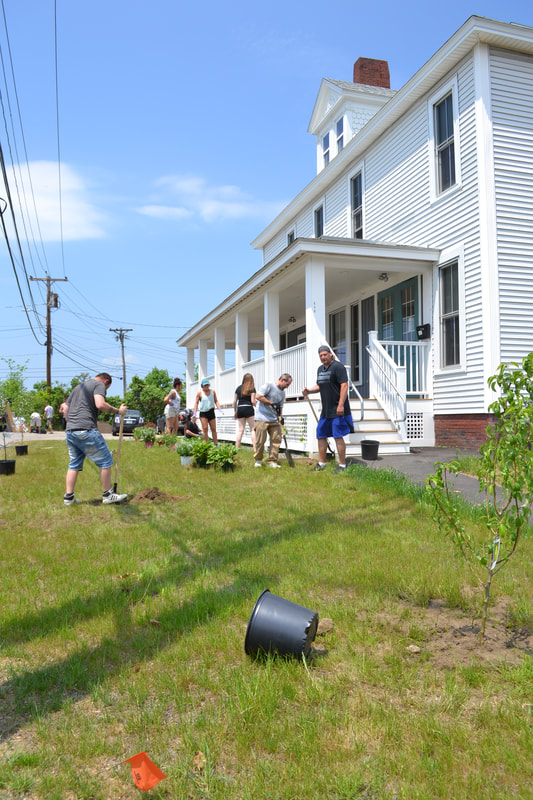
 RSS Feed
RSS Feed


